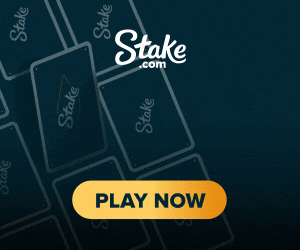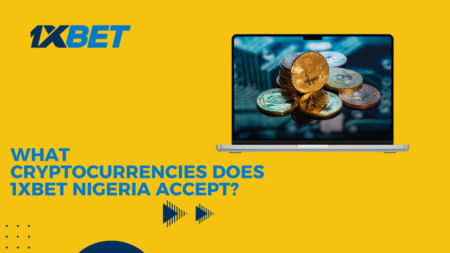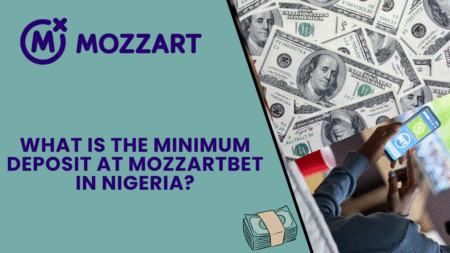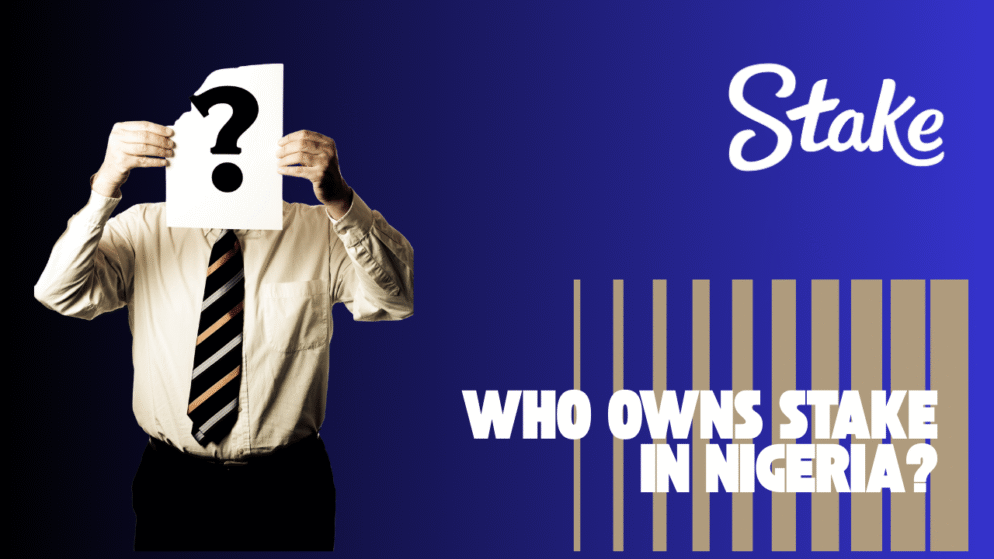
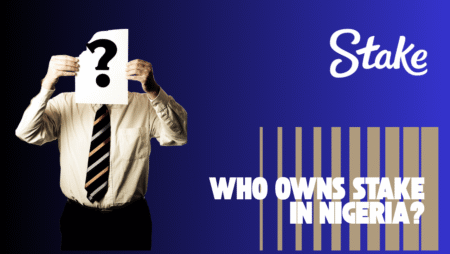
Nigeria’s online gambling landscape has witnessed explosive growth in recent years, with numerous international platforms seeking to establish their presence in Africa’s most populous nation. Among these platforms, Stake has emerged as a prominent player, but questions persist about who owns the platform and its legal status within Nigeria’s complex regulatory framework.
The Global Ownership of Stake
Stake is owned by Australian entrepreneurs Ed Craven and Bijan Tehrani, who co-founded the cryptocurrency-based online casino and sportsbook in 2017. The platform is operated by Medium Rare N.V., a company incorporated in Curaçao, with additional offices in Serbia, Australia, and Cyprus.
The entrepreneurial journey of Craven and Tehrani began long before Stake’s inception. In 2013, they launched Primedice, an online dice game where users could gamble using cryptocurrencies, followed by the creation of Easygo in 2016, a company that developed games for online casinos. This foundational experience in the cryptocurrency gambling space positioned them perfectly for Stake’s launch.
Forbes currently estimates the net worth of both Ed Craven and Bijan Tehrani to be around $2.8 billion each, with much of their wealth tied to the valuation of the Stake brand, which reached revenues of over $4.7 billion in 2024. This astronomical growth demonstrates the platform’s global success and market penetration.
Stake’s Legal Framework and Licensing
Stake operates under a Curaçao eGaming License (OGL/2024/1451/0918) issued by Medium Rare N.V., which covers over 4,000 casino games, sports betting, and cryptocurrency transactions. This licensing arrangement allows the platform to operate in multiple jurisdictions worldwide, though the regulatory landscape varies significantly from country to country.
The Curaçao license requires compliance with Anti-Money Laundering and Counter-Terrorism Financing (AML/CFT) regulations, including Know Your Customer (KYC) verification and Chainalysis wallet screening. However, critics have long questioned the effectiveness of Curaçao’s regulatory oversight, with some describing it as providing legitimacy without meaningful enforcement.
Stake’s Status in Nigeria
The situation regarding Stake’s operations in Nigeria is complex and somewhat controversial. Multiple sources indicate that Nigeria is listed among Stake’s allowed countries, alongside Canada, Argentina, Bolivia, Bahamas, Chile, Costa Rica, Ecuador, Guatemala, Mexico, Panama, Uruguay, Peru, and Venezuela.
However, the regulatory reality tells a different story. According to regulatory analysis, Stake does not have a license from Nigeria’s National Lottery Regulatory Commission (NLRC), making its operations unauthorized under Nigerian law. This creates a significant legal gray area for Nigerian users of the platform.
Nigeria’s Evolving Regulatory Landscape
Nigeria’s gambling regulation has undergone dramatic changes, particularly following recent Supreme Court decisions. The Supreme Court has affirmed that the power to legislate and regulate gambling resides exclusively with the states, rendering the National Lottery Act and central government regulation largely defunct.
This shift has led to state-level regulation, with Lagos State leading through the Lagos State Lotteries and Gaming Authority (LSLGA), established by the Lagos State Lotteries and Gaming Authority Law of 2021. The LSLGA now requires that any company wishing to offer gambling services in Lagos must be licensed under Lagos State law.
For online casino operations in Lagos State, the licensing requirements are substantial, including a ₦20 million annual license fee, ₦500,000 application fee, and ₦200,000 monthly gaming tax. These requirements are designed to ensure that only well-capitalized, serious operators enter the market.
The Local Ownership Requirement
One crucial aspect of Nigeria’s gambling regulations affects foreign ownership structures. Nigerian gambling laws require foreign investors to have a local partner holding some equity or appointed as a director, aimed at preventing entirely foreign-owned gambling operations and ensuring Nigerians have a stake in the industry.
This requirement poses a challenge for international platforms like Stake, which operate under foreign ownership structures. Without local partnerships or equity arrangements, such platforms may struggle to obtain proper licensing within Nigeria’s evolving regulatory framework.
The Cryptocurrency Factor
Stake’s focus on cryptocurrency transactions adds another layer of complexity to its Nigerian operations. While Nigeria has seen growing adoption of digital currencies, the regulatory environment remains uncertain. Stake supports over 20 cryptocurrencies including Bitcoin, Ethereum, and USDT, with blockchain-verified payments, which appeals to tech-savvy Nigerian users but may complicate regulatory compliance.
Current Operational Status
Despite the regulatory uncertainties, Stake continues to accept Nigerian users, though this operates in a legal gray area. The platform’s operations without proper Nigerian licensing make its presence potentially subject to enforcement actions by regulatory bodies.
Nigerian users should be aware that while they can currently access Stake, the platform’s uncertain legal status means they have limited recourse in case of disputes or issues with the platform.
Looking Forward
The ownership of Stake in Nigeria remains fundamentally unchanged from its global structure – Ed Craven and Bijan Tehrani control the platform through their Curaçao-incorporated entity. However, the evolving Nigerian regulatory landscape, particularly the requirement for local partnerships and state-level licensing, suggests that Stake may need to reconsider its operational structure to achieve full legal compliance.
For Nigerian gambling enthusiasts, this regulatory uncertainty underscores the importance of choosing platforms that have obtained proper local licensing. As states like Lagos continue to strengthen their regulatory frameworks, the gaming industry in Nigeria is likely to see increased enforcement and clearer compliance requirements.
The future of international platforms like Stake in Nigeria will largely depend on their willingness to adapt to local regulatory requirements, including potential partnership arrangements with Nigerian entities and obtaining appropriate state-level licenses. Until such compliance is achieved, Nigerian users operate in a regulatory gray area that carries inherent risks despite the platform’s continued accessibility.

